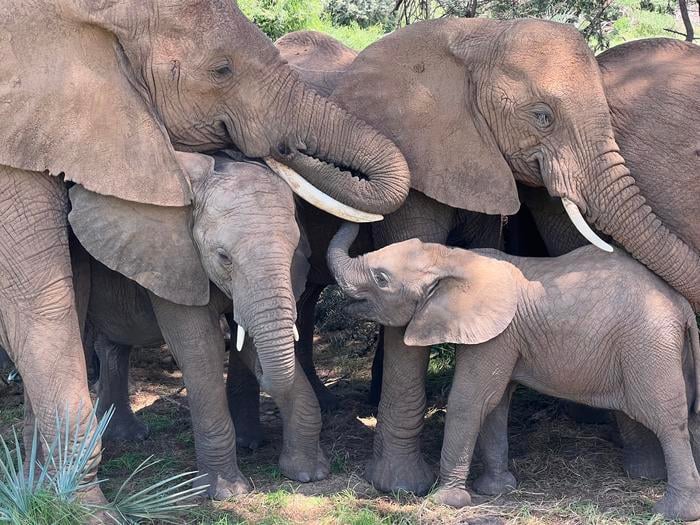Summary: A groundbreaking study from the University of Oxford has discovered that more social animal species tend to live longer and enjoy longer reproductive periods than their solitary counterparts. This first-of-its-kind research examined 152 species across the animal kingdom, from jellyfish to humans, revealing fundamental connections between sociality and longevity.
Journal: Philosophical Transactions of the Royal Society B, October 28, 2024, DOI: 10.1098/rstb.2022.0459
Reading time: 4 minutes
The Social Advantage
In the animal kingdom, the company you keep might determine how long you live. New research from the University of Oxford has uncovered a striking pattern: social species consistently outlive their more solitary relatives, challenging our understanding of how social behavior shapes survival.
“Sociality is a fundamental aspect of many animals. However, we still lack cross-taxonomic evidence of the fitness costs and benefits of being social,” explains Lead author Associate Professor Rob Salguero-Gómez from Oxford’s Department of Biology.
Beyond Simple Social Categories
Rather than viewing sociality as a simple yes-or-no characteristic, the research team recognized it as existing on a spectrum. They examined 152 species across a wide range of taxonomic groups, including birds, mammals, insects, and corals, considering various levels of social interaction.
“Here, by using an unprecedented number of animal species this work has demonstrated that species that are more social (most monkeys, humans, elephants, flamingos, and parrots) display longer life spans and reproductive windows than more solitary species (some fish, reptiles, and some insects),” notes Salguero-Gómez.
Balancing Benefits and Costs
The study revealed both advantages and challenges of social living. While social species benefit from shared resources, better predator protection, and support in raising offspring, they also face increased risks of disease transmission and social conflicts. Despite these tradeoffs, the research shows that the overall benefits of sociality outweigh the costs.
Human Implications
The findings resonate particularly strongly in our post-pandemic world.
“In a post-COVID era, where the impacts of isolation have been quite tangible to humans (a highly social species), the research demonstrates that, across a comparative lens, being more social is associated with some tangible benefits,” says Salguero-Gómez.
The research team continues to investigate how social populations might respond to climate change, combining their database work with laboratory research and modeling to understand these crucial relationships.
Further Reading:
– Original Research Paper
– COMADRE Animal Matrix Database
Enjoy this story? Get our newsletter!


